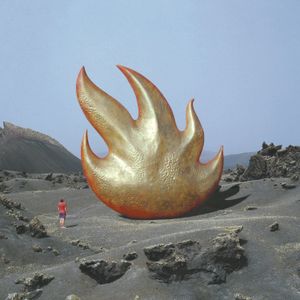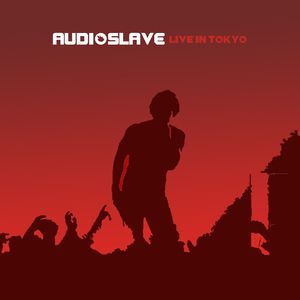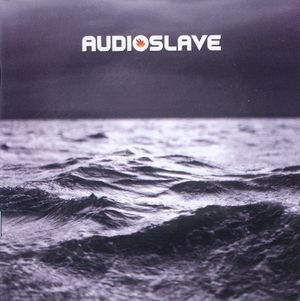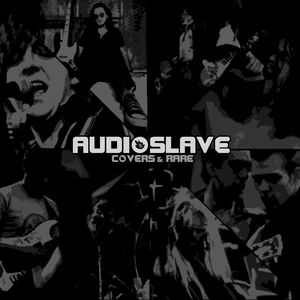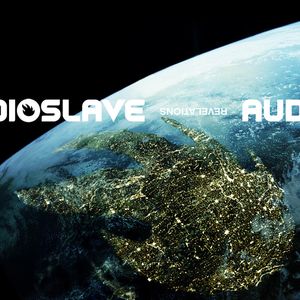
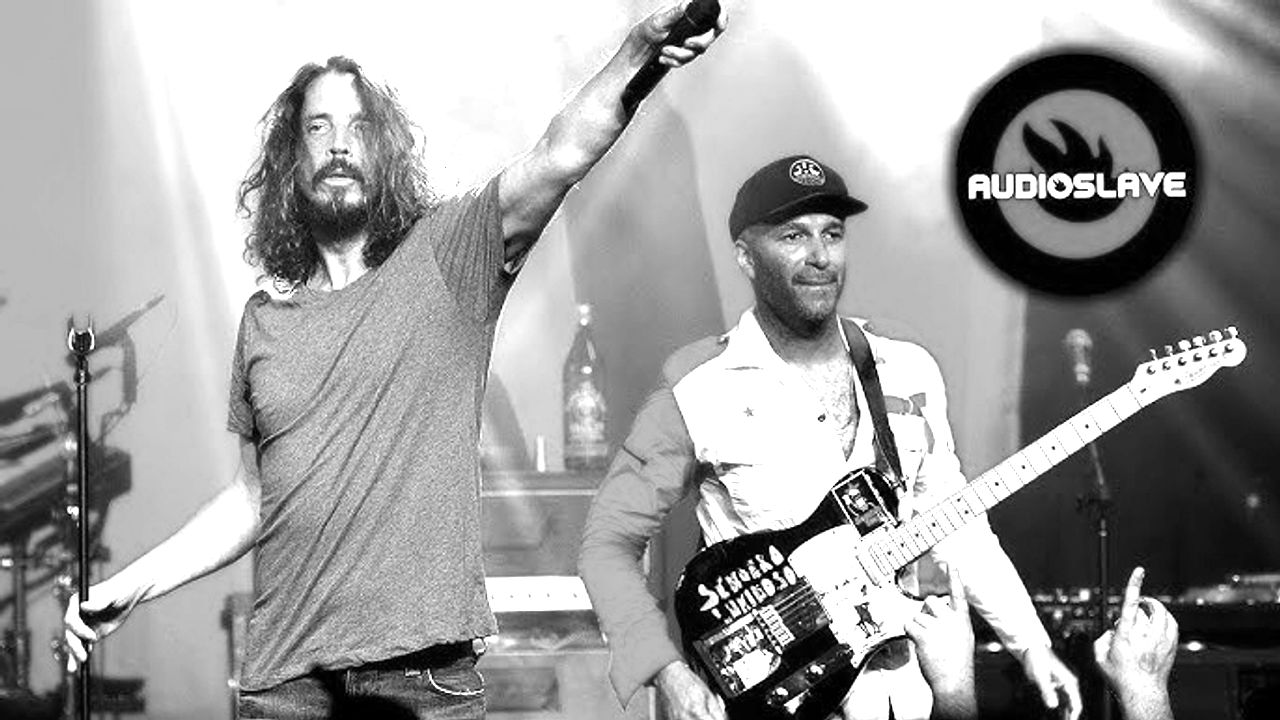
Audioslave
Follow Your Favorite Band Today!
Top Audioslave Community Posts
Story of Audioslave
Audioslave: When Rock Gods Collide
Audioslave wasn't just a band; it was a sonic supernova born from the ashes of two legendary rock titans: Soundgarden and Rage Against the Machine. In 2001, the musical universe aligned, bringing together the raw power of Chris Cornell's (Soundgarden) vocals with the blistering riffs of Tom Morello (Rage Against the Machine), the thunderous rhythm section of Tim Commerford (bass) and Brad Wilk (drums) – a lineup destined for greatness.
Initially, critics pegged Audioslave as a straightforward fusion of their respective parent bands. But as their second album, "Out of Exile," roared onto the scene, it became clear they were carving their own path. Audioslave wasn't just about grunge and politically charged fury; they seamlessly blended classic 70s hard rock with the grunge-infused alternative rock of the 90s.
Their sound was a vibrant tapestry, woven with threads of funk, soul, and R&B. The band embraced their stripped-down approach, refusing to compromise their raw energy by layering in unnecessary studio tricks. Cornell's expansive vocal range soared over Morello's signature, unorthodox guitar solos, creating an unforgettable sonic experience.
In their six years together, Audioslave blazed through the music scene, leaving a lasting mark. They released three critically acclaimed albums, garnered three Grammy nominations, sold over eight million records worldwide, and became the first American rock band to perform a concert in Cuba, a testament to their global appeal.
The band's journey, however, was cut tragically short in 2007 when Cornell's departure marked the beginning of their hiatus. Cornell and Morello embarked on solo ventures, while the rest of the Rage Against the Machine crew reunited for a triumphant reunion tour.
Despite their separation, the flame of Audioslave was reignited briefly in 2017, when they reunited for the Prophets of Rage's "Anti-Inaugural Ball," a powerful statement against the political climate. Sadly, Cornell's untimely passing later that year extinguished any hope of a full-fledged reunion.
The Seeds of Audioslave: A Legacy of Discontent
Audioslave's birth was intertwined with the dissolution of Rage Against the Machine in 2000. After vocalist Zack de la Rocha left the band, citing creative differences, the remaining members sought a new voice to carry their powerful message. Enter Chris Cornell, who was also navigating a period of change following Soundgarden's hiatus.
The seeds of Audioslave were sown in a moment of creative dissatisfaction, a yearning for a new sonic frontier. The band's legacy, tragically cut short, remains a potent reminder of the unpredictable nature of rock 'n' roll, and the enduring power of a band that truly dared to be different.
Frequently Asked Questions
Bands you may like
More Alternative Rock Bands
Discover more bands in the Alternative Rock genre and explore the diverse sounds that define this musical style.
Browse All Alternative Rock BandsMore Bands from United States
Discover the rich musical heritage of United States and explore bands that represent the country's unique sound and culture.
Browse All United States Bands
